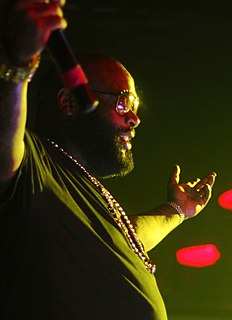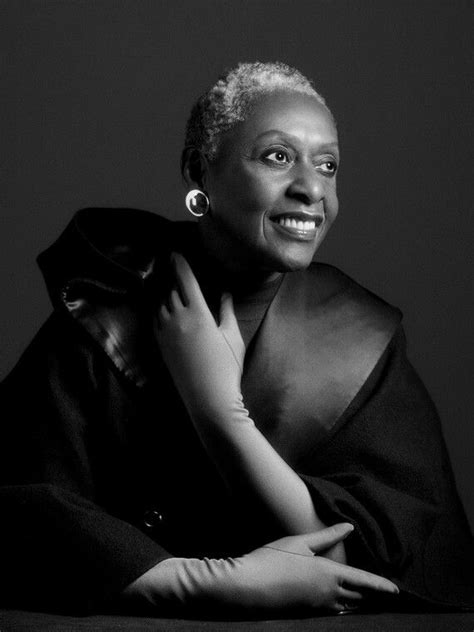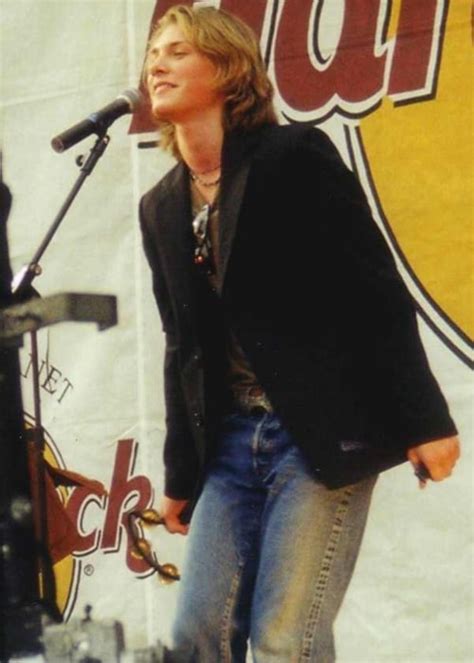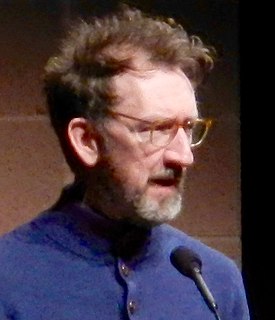A Quote by Sonia Braga
When I talk to [my kids], I remember my father talking to me, so it's understandable that I would make a film like "Aquarius." A very good friend of mine saw the film, and she said it was clear that it had been made by someone who had just become a father.
Related Quotes
The idea of going to the movies made Hugo remember something Father had once told him about going to the movies when he was just a boy, when the movies were new. Hugo's father had stepped into a dark room, and on a white screen he had seen a rocket fly right into the eye of the man in the moon. Father said he had never experienced anything like it. It had been like seeing his dreams in the middle of the day.
Sônia Braga reacted in a beautiful way to the draft I sent her, so we just made the film ["Aquarius"] as I had written it. Emilie [Lesclaux], my wife and producer, told me, "This is not a two-hour film. This is going to be longer." And I said, "Well, let's try and make it work, whatever length it is."
I think my mother became the muse because she had everything when she was in Hollywood: she had the marriage, the success, the money, all the films she wanted to do and yet even her, she had a longing and wanted to work with a film that had meaning, something more profound. And I think that was very touching to father.
The idea of the book ["The Japanese Lover"] came in a conversation that I had with a friend walking in the streets of New York. We were talking about our mothers, and I was telling her how old my mother was, and she was telling me about her mother. Her mother was Jewish, and she said that she was in a retirement home and that she had had a friend for 40 years that was a Japanese gardener. This person had been very important in my friend's upbringing.
I was in a store in Halifax, Nova Scotia that I love, sort of like an environmental friendly sort of store. But they had a great book section. So I went in there all the time. The woman who worked there - which I feel so bad; I've forgotten her name - she handed me the book and she said, "Hey, you should read this. I think it would make a good movie." I remember reading the back of it and I was like, "Huh." Then I just devoured the book and I was so moved by it and said, "Why don't we start developing this into a film?" So that's how it ['Into the Forest'] all started.
I was the first person that had been so kind to Iman Abdulmajid. As time went on, and she became successful, signed with an agency, when she had to make big decisions, she wouldn't always talk to an agent, she'd ask me. I'd give her good advice and she'd be on her way. When I had ideas to do things like the Black Girls Coalition, I would always talk to her, she always loved my ideas. She trusts me.
It was the first fight I had with my father. My father basically said, why are you going to business school? You're just going to get married and have kids and you won't use your degree. And it's expensive. We had a knockdown, drag-out fight, which was great. Yeah. In the driveway. My father said, 'You're on your own.'

































